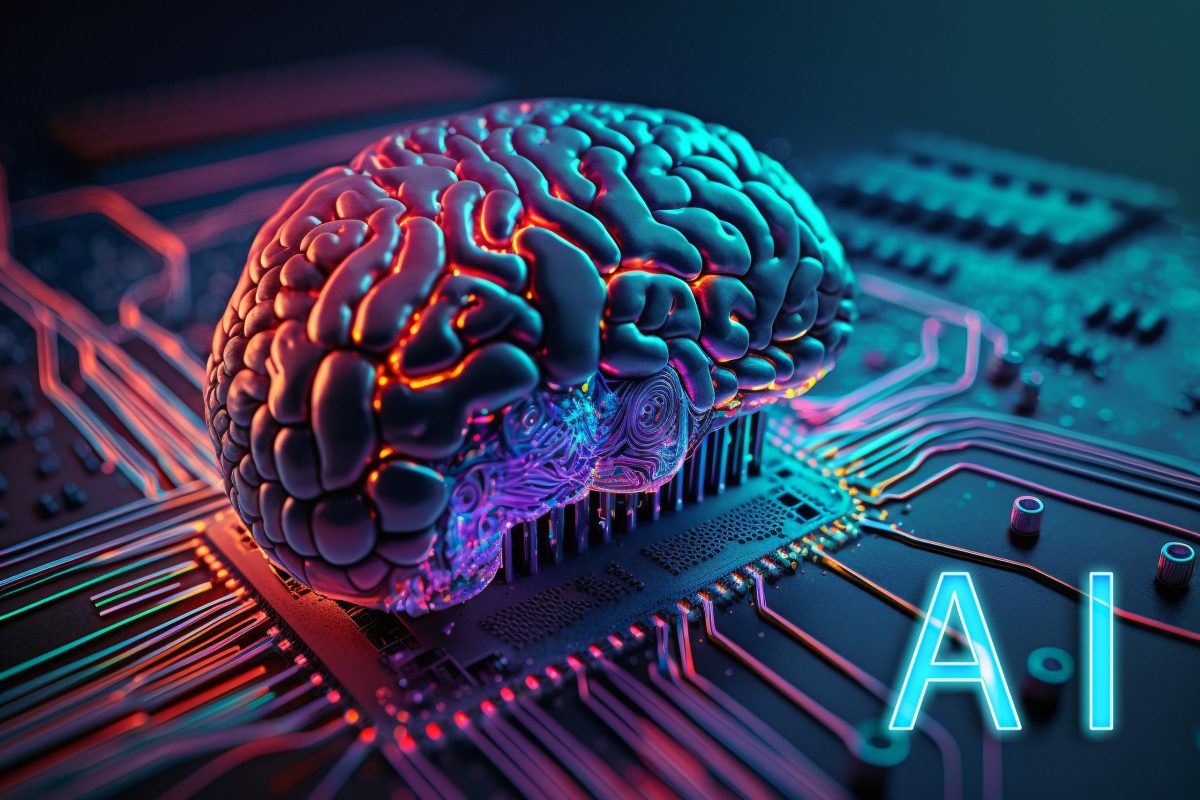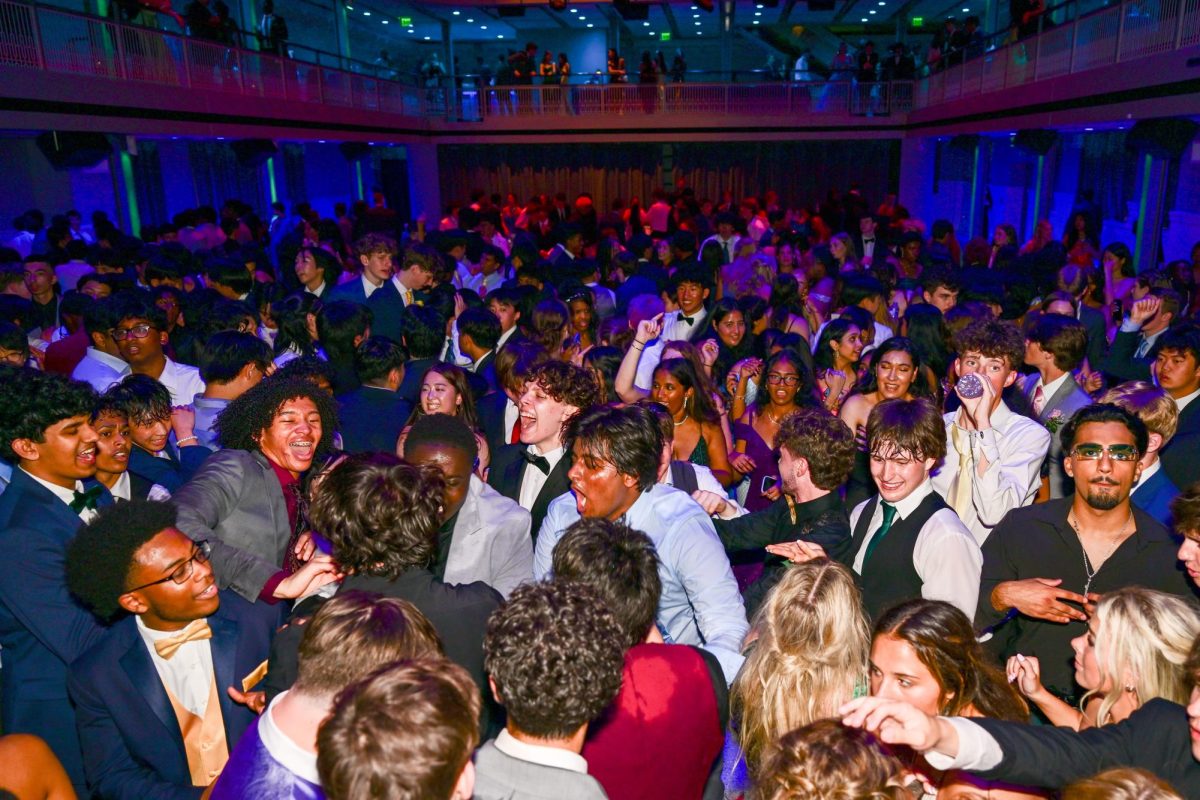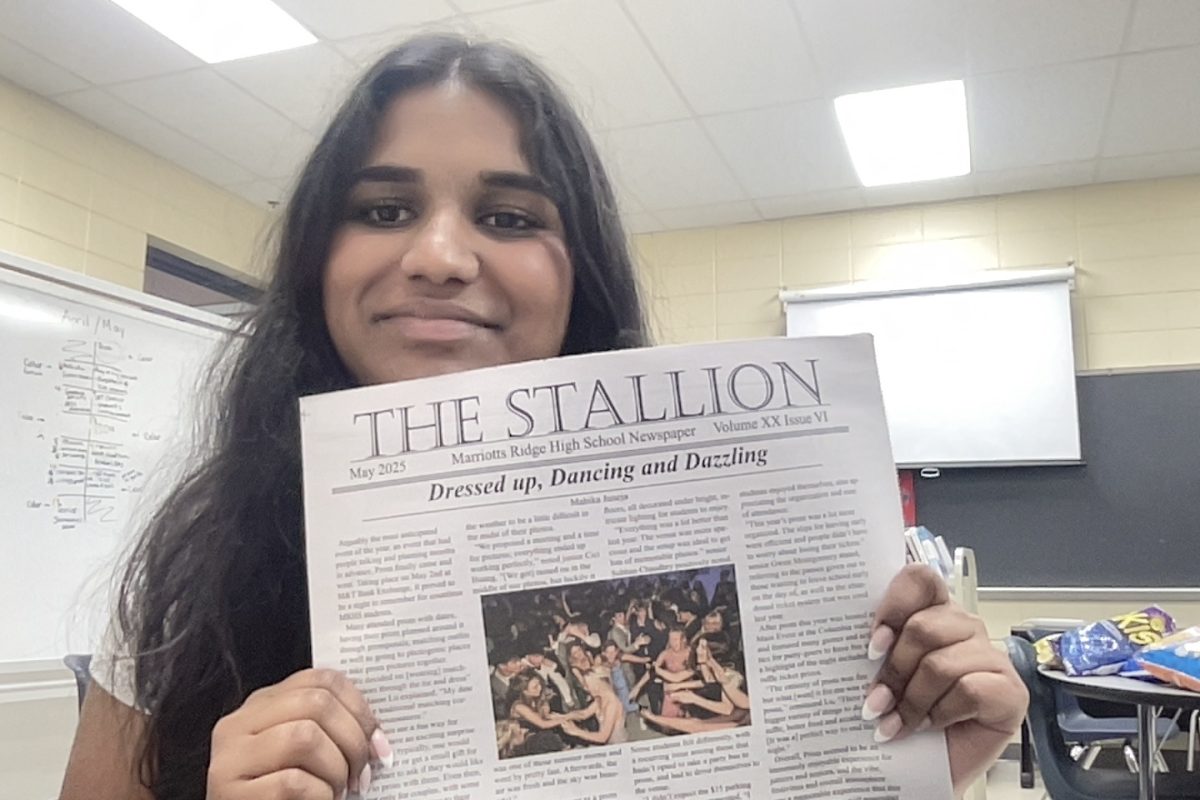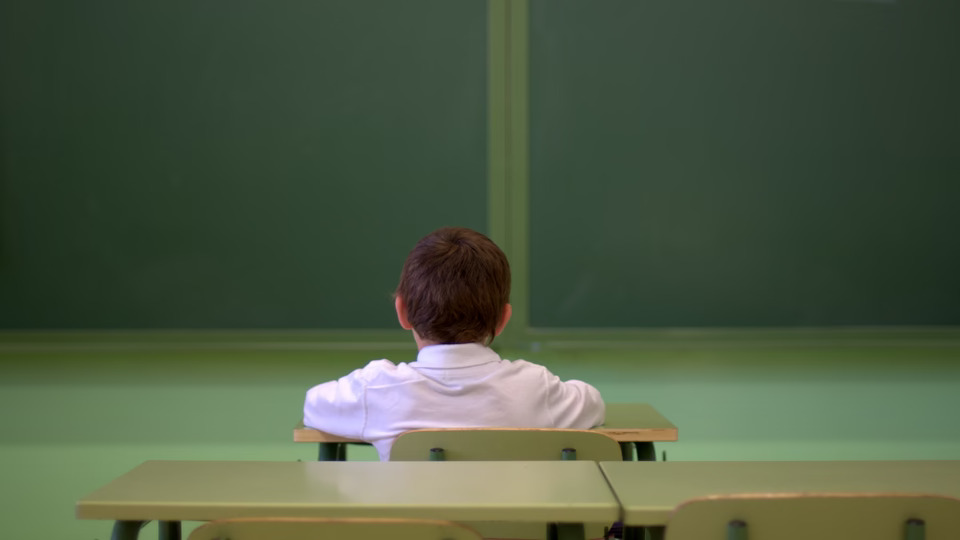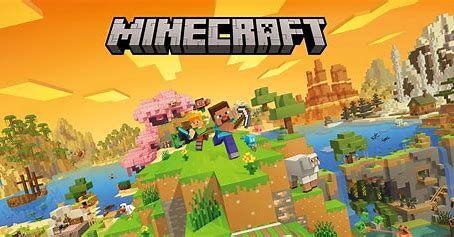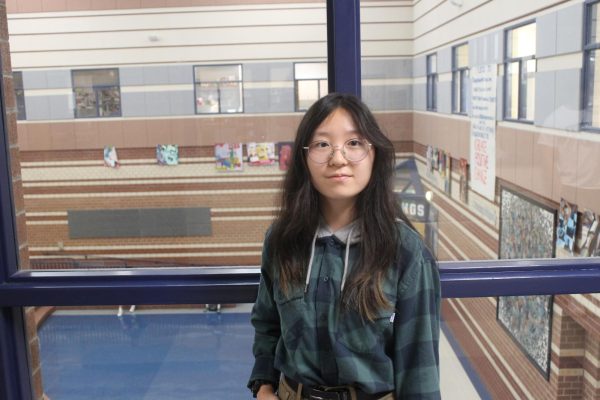Artificial Intelligence (A.I.) has become a global tool used in aspects of school and personal life; however much controversy has come to surround A.I. as well. According to studies, about one in five students who have heard of ChatGPT have used it. One of the modern major criticisms of A.I. is that it is a generative tool that may harm people more than it may help. Particularly students` knowledge, skills and morality in the dangers that many claim to surround these tools disguised as ease of life. But, what does the MRHS community think of this tool?
A hot topic in the field of A.I. is that it does not require students to think critically, but instead provides an easy out for work. It is no secret that A.I. can be an interactive search bar and so can make writing, research and organizing nearly effortless. But, what happens when effort in academic work is taken away from the student? One who aligns themselves with this argument may say A.I. disallows students to perform on their own and decays skills over time along with repetitive usage. Studies support this in showing that students who rely on A.I. do not tend to develop the same skills as others because their opportunity to practice is taken away.
However, this does not mean programs such as ChatGPT do not have a positive use. ChatGPT in particular can make organizing less tedious, while menial tasks take minutes.
“[Generative A.I.] helps cut down on the time it would take to summarize a dense document. It cuts down on the time it would take to try and lay out the structure of certain written products. It is helpful for those two things,” media instructor Lynn Rashid claimed.
Students and teachers often agree on this point, but the controversy of A.I. tends to stem from the fact that the line between acceptable and unacceptable is in a place of subjectivity.
“I would draw the line at basically using it to complete [an] assignment…. For instance, if you’re using it on a coding assignment … the teacher will give you the knowledge that you need to possess to get that accomplished. So if you need to use [your skills], then clearly you need to go back and review your notes. But… for a coding project you want to go above and beyond and you don’t know something yet that you want to use, using [the tool] to give you examples is okay, but telling it to do it for you is not okay,” junior Lucas Spangler stated.
Whether or not Generative A.I. is an ethical use in academics is a gray zone that, until educators can make and enforce a decision, will depend on what a student does with the A.I.. For example, some teachers might support the use of A.I. thanks to its efficiency in saving time, but that it should be used with caution.
Independent research and intern mentor teacher Paul Eckert supports this opinion in his statement, “I do think [Generative A.I.] can be useful if it is used properly, there have to be guardrails for it in an academic sense but it can be very helpful.”
In the meantime, as some students abuse this tool, consequences do exist outside of the obvious in the academic realm. Cheating overall, something easily done with A.I., is shown to become habit forming; those who use ChatGPT once to fill out an assignment are more likely to do it again than others. This habit then can grow on any individual and then increase the likelihood of feelings of guilt and low self-esteem. These reasons may support the reason that the Howard County School System had for banning A.I. in schools.
Ms. Rashid sympathized with this decision, saying, “I understand why [the Howard County school board] felt like they had to [ban A.I. in school]. I think they are doing that as a way to prevent the students from generating A.I. responses immediately into their classwork. It allows the teachers to do something digitally without having to worry about the authenticity of [the student’s work].”
A singular-time cheating with Generative A.I. can lead down a rabbit hole of life impacting consequences on knowledge, skills, morality and reputation that the student body either has to trust or speak out against. However, usage of A.I in appropriate manners, many agree, is a great help without such drastic consequences. With standards in place for students to better use A.I rather than stopping its use altogether, A.I may have the chance to become one of the best tools students have in their educational journey.


